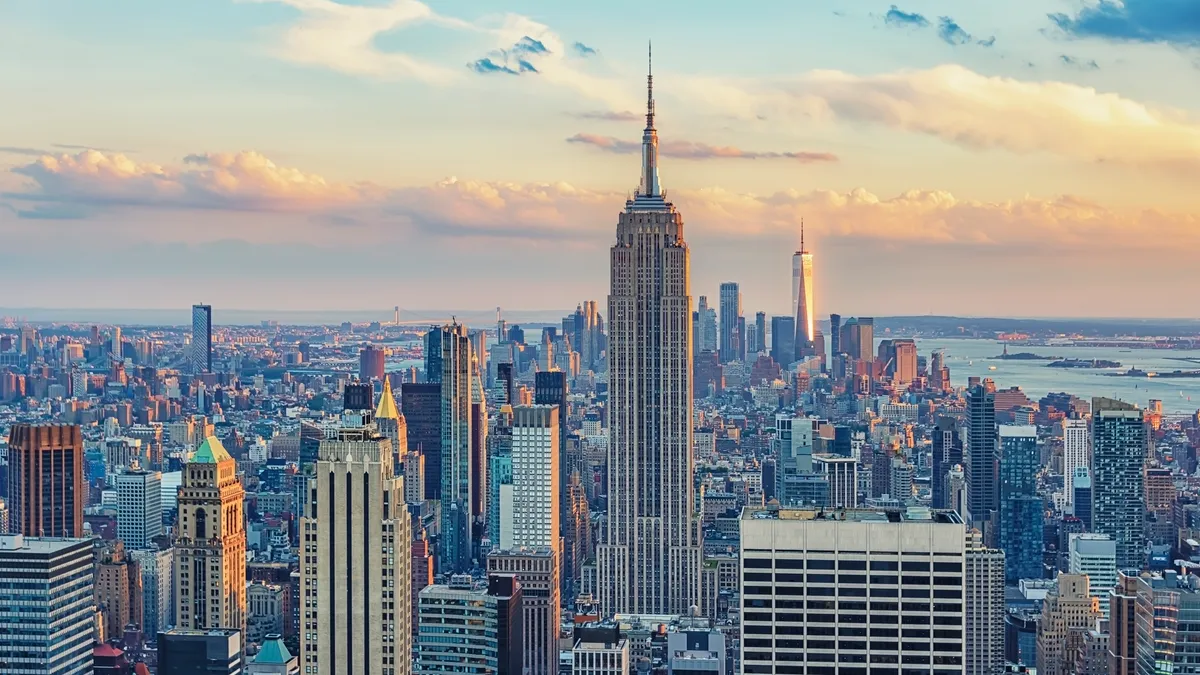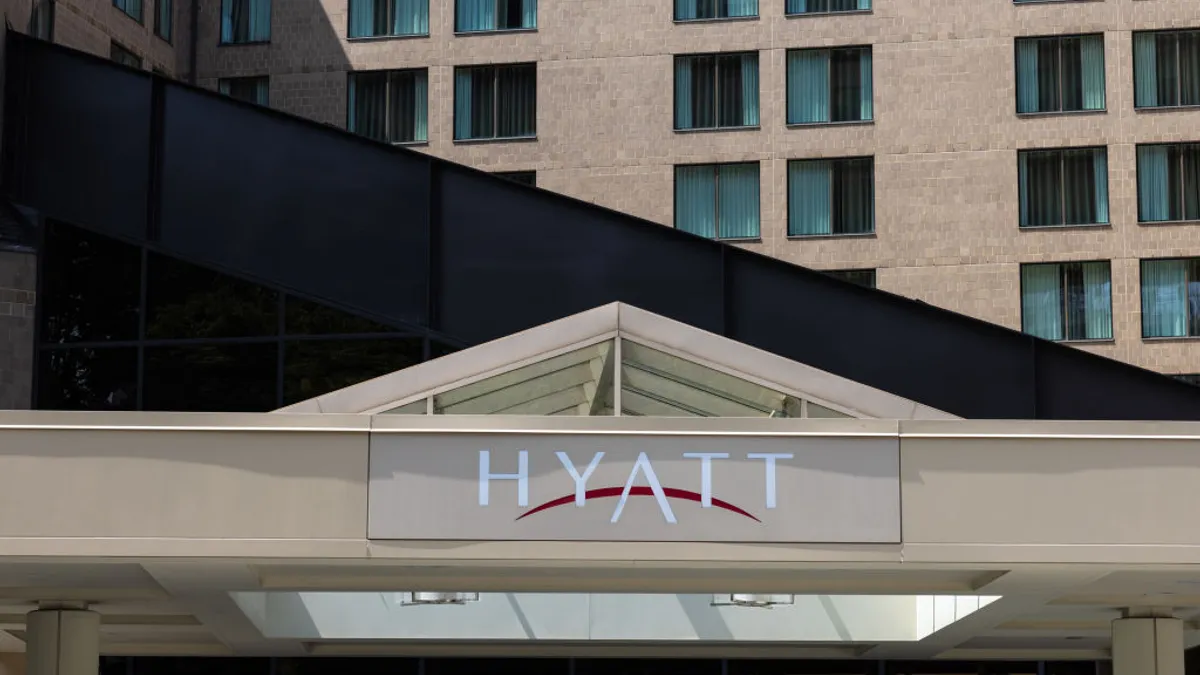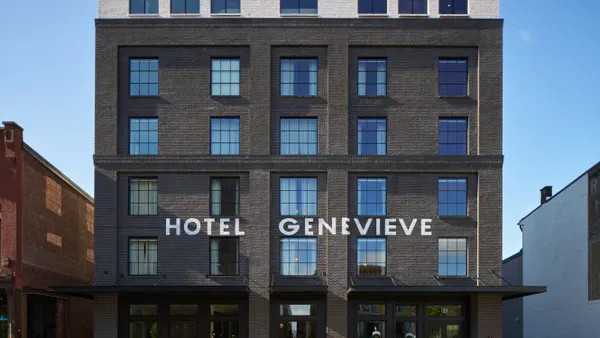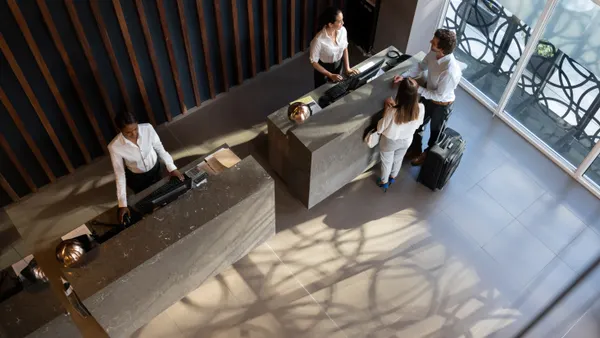Dive Brief:
- The Roosevelt Hotel in midtown Manhattan, which has been closed for nearly three years, will reopen as the city’s first asylum seeker arrival center and its ninth Humanitarian Emergency Response and Relief Center, New York City Mayor Eric Adams announced.
- The hotel will serve as a centralized intake center for “hundreds” of asylum seekers arriving in the city each day, the Mayor said. It will provide access to legal, medical and reconnection services, as well as placement in a shelter or humanitarian relief center.
- By reopening the Roosevelt as a center for asylum seekers, the property owner and New York City have struck a mutually beneficial agreement to reuse a hospitality property shuttered during the pandemic.
Dive Insight:
Rich Maroko, president of the New York Hotel & Gaming Trades Council, called the reopening of the Roosevelt a “win-win-win” for all parties involved. “It allows an iconic hotel to reopen its doors, hundreds of union workers to return to their good-paying jobs, and thousands of asylum seekers to have a safe place to stay,” he said in a statement.
The property will initially open 175 rooms for children and families and scale up to open 850 rooms. An additional 100 to 150 rooms will be held for asylum seekers in transition to other locations. The hotel, like the city’s other Humanitarian Emergency Response and Relief Centers, will offer medical care, nutrition, mental health support, language access, connection to schools, access to technology and reunification services.
According to Romy Bhojwani, director of hospitality market analytics at CoStar Group, the reopening of the Roosevelt is likely the result of the property owner deeming this agreement as the property’s current highest and best use. When a hotel property like this shutters, he said, the property owner tries to figure out a way to maximize its value by considering alternative uses for it.
In the case of the Roosevelt, the property owner will generate revenue from the city while the city gains additional facilities to combat an asylum seeker housing crisis that is expected to be exacerbated by the lifting of Title 42, a pandemic-era measure that allowed authorities to quickly turn away migrants at U.S. borders, according to Adams.
Last fall, New York City struck a similar agreement with Row Hotel in midtown Manhattan, another shuttered hotel property. It reopened to serve 200 asylum seeking families.
Despite this type of property reuse working for the Roosevelt and Row Hotel, it is unlikely to become mainstream in New York City or beyond, Bhojwani said.
“Hotel owners and operators are very focused on the reputational risk that comes with taking on this type of business,” he said. “It's only hotels that are in very poor physical condition or have a financial constraint [that take it on] because it’s predictable income.”










